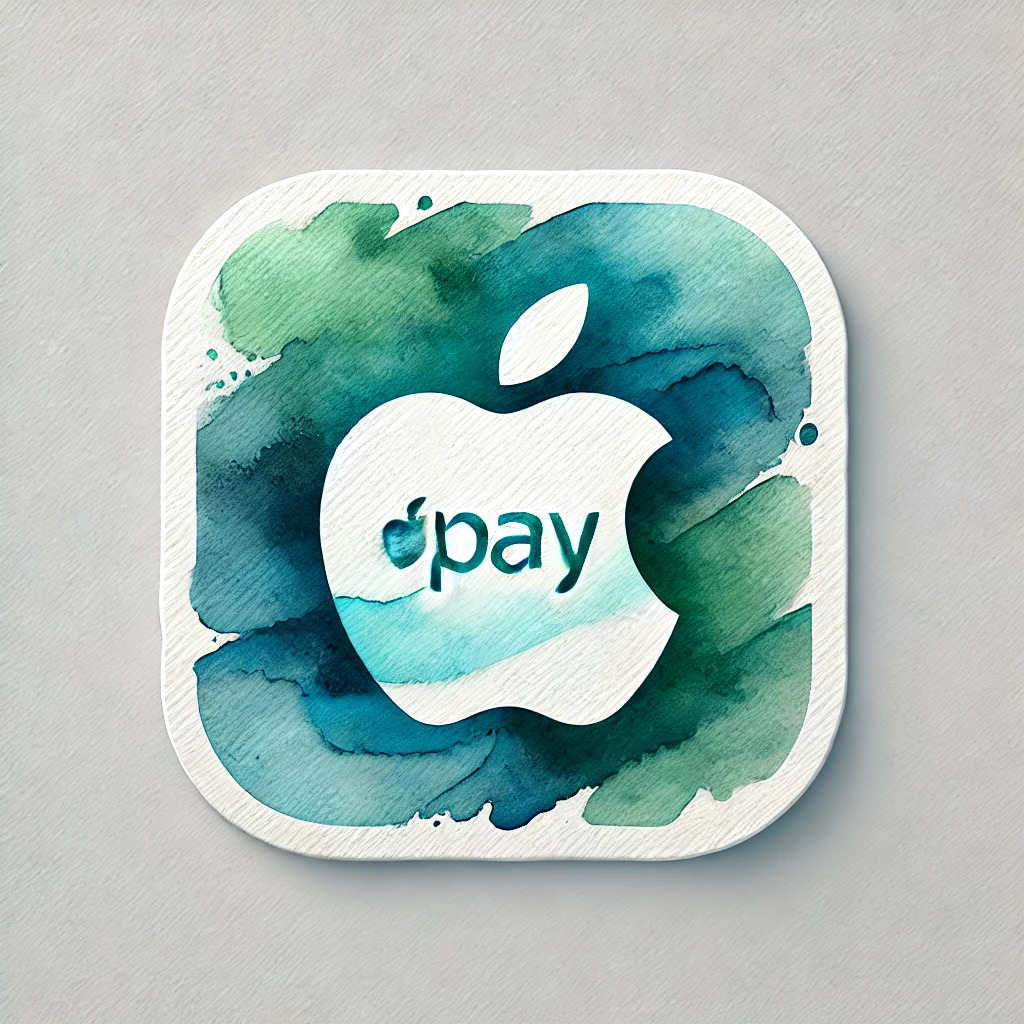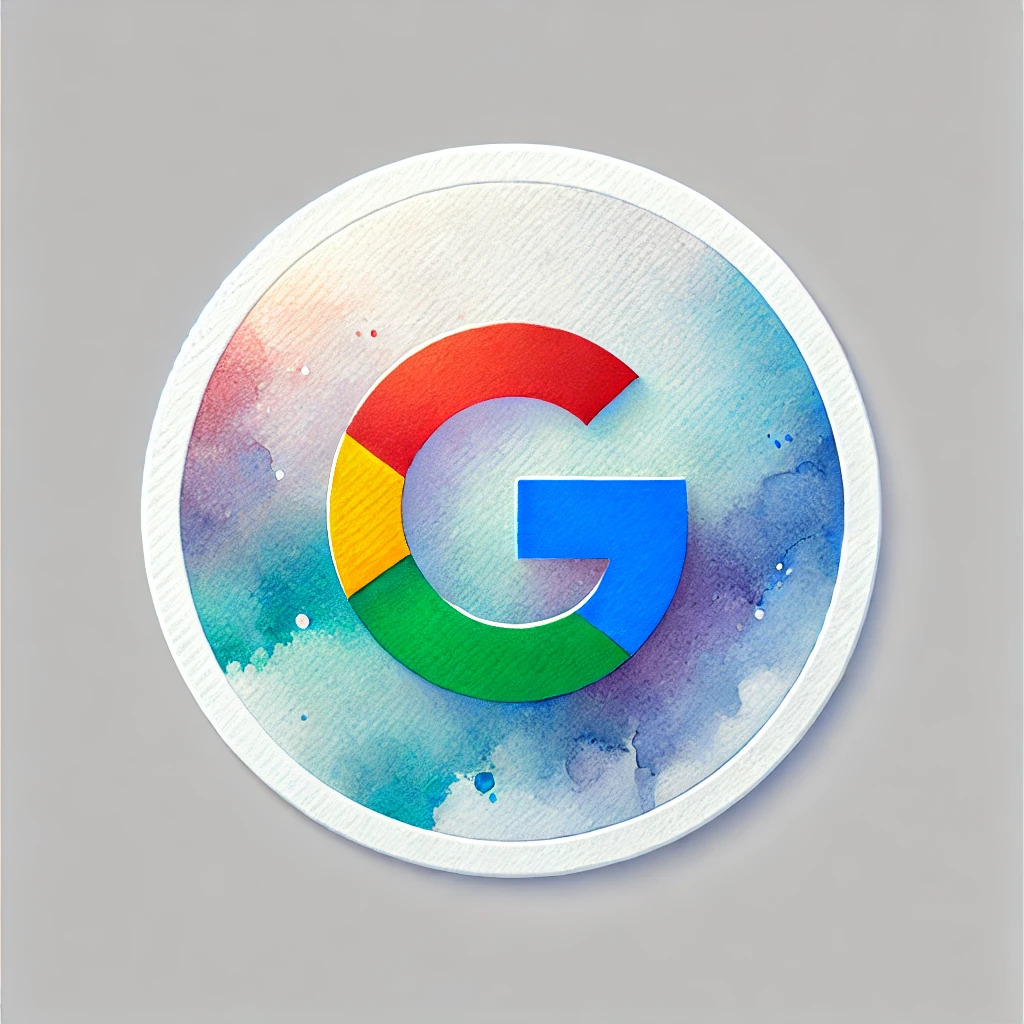Republa.net: a blog about #tech.
-

NASA captures beautiful aurora borealis (from Jan 4th) 🚀✨
NASA’s International Space Station captured stunning footage of an aurora borealis shimmering over Canada, offering a surreal view of Earth’s natural light show. These glowing…
-

WP Engine wins legal battle to regain access to WordPress.org
WP Engine secured a legal victory against Automattic, forcing the WordPress parent company to restore access to WordPress.org and crucial plugins. The dispute stemmed from…
-

Breaking Apple’s grip: Vipps launches first true iPhone payment rival
Vipps, a Norwegian payment service, has launched the first-ever alternative to Apple Pay for iPhone users, leveraging the EU’s mandate for Apple to open its…
-

The illusion of openness in large language models (LLMs) 🎭
While many large language models (LLMs) market themselves as “open,” access to source code without training data is largely performative. Openwashing – a practice where…
-

Is Elon Musk hurting Tesla in Germany? Falling sales tell all.
Tesla’s popularity in Germany is slipping as VW and BMW take the lead in the EV market. Once seen as “cool” and innovative, Tesla now…
-

Russia fines Google $20.6 decillion: Because when you can’t win, just go astronomical
Russia’s unprecedented $20.6 decillion fine against Google stems from the tech giant’s block on pro-Kremlin channels, emphasizing escalating tensions over digital sovereignty. This astronomical figure…
-

Linus’ “Special Kernel operation”: Russian maintainers sent to /dev/null
Linus Torvalds affirmed the removal of 11 Russian maintainers from the Linux kernel team, citing compliance with U.S. sanctions. The decision has caused division within…
-

Outlook outage hits hard: Microsoft faces wave of user complaints
On October 10, 2024, a major Outlook outage left users unable to access their accounts, impacting businesses and individuals globally. Microsoft is actively investigating the…
-

Google Play forced to open the doors to rival app stores
A federal judge ruled that Google must allow third-party app stores and alternative billing methods on its Android platform. The ruling, part of Epic Games’…
-

Mozilla Thunderbird for Android
Mozilla has launched the long-awaited Thunderbird email app for Android. This privacy-first, feature-rich email client is now available in beta on Google Play and GitHub.…

